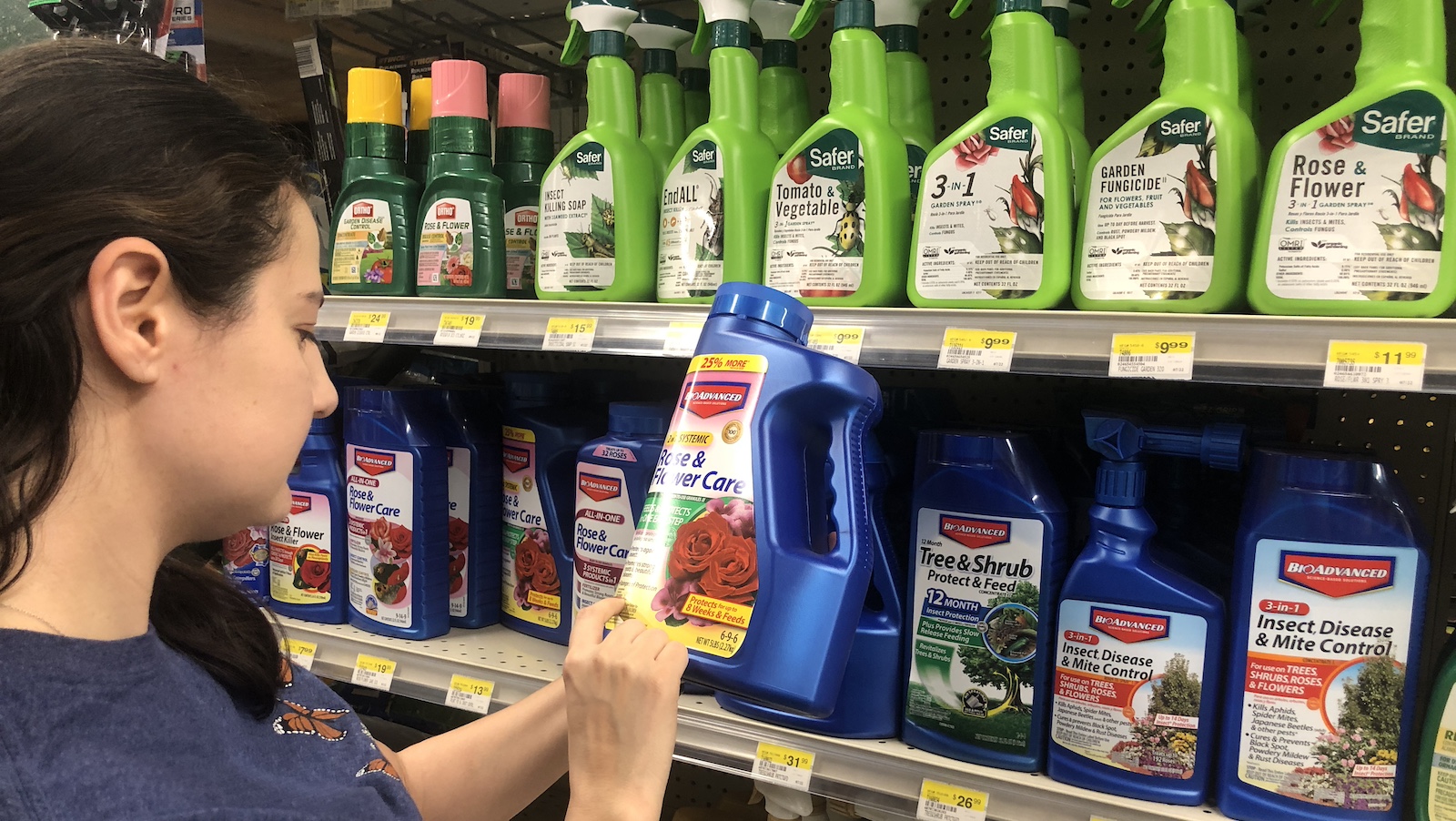
How to avoid bee-killing pesticides
To save the bees, you should avoid toxic bee-killing pesticides called neonicotinoids. Use our guide to identify which pesticides contain neonicotinoids.
The unnecessary use of pesticides is harming ecosystems and threatening our health.
If you’re lucky, you might see a summer’s field buzzing with bees or a flock of monarch butterflies undertaking their annual migration. But our country’s overuse of toxic pesticides is making such sights less common as it makes much of our country’s environment toxic. Seeping far beyond the initially treated zones, these pesticides are infiltrating our soil, water systems and food chains. Together, we can put our country on a safer path free of pesticides.
To save the bees, you should avoid toxic bee-killing pesticides called neonicotinoids. Use our guide to identify which pesticides contain neonicotinoids.
TAKE ACTION
Want to learn more about the toxic impacts pesticides are having on our ecosystems and wildlife?
Check out this video field update from our canvassers and staff
The $20 billion investment from the Inflation Reduction Act is great for bees, our water, the climate and more
Environment Colorado held a media event to highlight a new study published in the Proceedings of the National Academy of Sciences that finds a 72% bumble bee decline in Colorado from 1998-2020 pointing to neonic pesticides as one of the causes of bee die-offs.
A regulatory loophole has allowed seeds coated with neonicotinoid pesticides to fly under the Environmental Protection Agency’s radar — with dangerous consequences for America’s birds and pollinators.
Senior Director, Conservation America Campaign, Environment America
Managing Director, Frontier Group; Senior Vice President, The Public Interest Network
